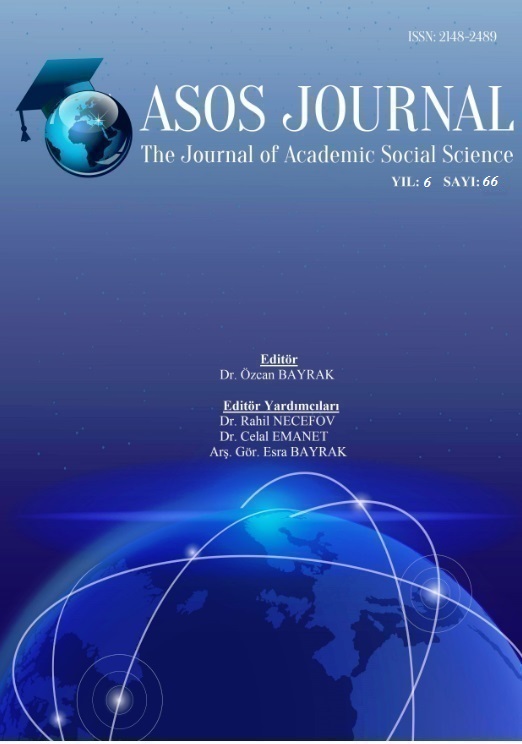Author :
Abstract
İnsan hakları, genellikle “insanların sırf insan oldukları için sahip oldukları haklar” olarak tanımlanır. Ancak bu tanım “İnsanlar neden sırf insan oldukları için birtakım haklara sahiptir?” sorusunu da beraberinde getirir. Bunun yanıtı ise, kaçınılmaz olarak “İnsan nedir?” sorusuyla, diğer bir deyişle felsefi antropoloji ya da insan felsefesiyle ilgilidir. Bu soruya yanıt verme çabası “insan haklarının temellendirilmesi” olarak adlandırılır. Günümüze kadar pek çok düşünür bu soruya çeşitli tarzlarda yanıtlar vermişler yani, insan haklarını temellendirmeye çalışmışlardır. Oysa Richard Rorty bu makalesinde bir pragmatist olarak insan hakları temellendirmeciliğinin yersiz olduğunu ve modasının geçtiğini savunur. Rorty’e göre insan hakları kültürünü geliştirmenin ve yaygınlaştırmanın yolu tür olarak insanın ortak özelliklerini (insan doğasını) ussal olarak ortaya koymak ve buradan birtakım ahlaksal ilkeler çıkarmak değildir. Bugüne kadar bunun bir yararı görülmemiştir. Ona göre insan hakları kültürü, sadece insanların duygularına hitap eden bir eğitimle korunabilir ve geliştirilebilir.
Keywords
Abstract
Human rights are commonly defined as “the rights to which people are inherently entitled simply because they are human beings”. However, this definition brings with it the question of “Why are people entitled to certain rights simply because they are human?”. As for the answer to this question, it is related to the question of “What is a human being?”, i.e. philosophical anthropology or human philosophy. The endeavour to answer this question is called as the “justification of human rights”. Until the present day, many philosophers provided several answers to this question, in other words, they attempted to justify human rights. However, as a pragmatist, Richard Rorty asserts in this article that justifying human rights is irrelevant and obsolete. For Rorty, the way to develop and disseminate human rights culture is not to put forth rationally the common characteristics (human nature) of human beings as a species and infer certain moral principles. Until today, this approach has provided no benefit. According to him, human rights culture can be protected and developed only through education that addresses to people’s sentiments.





